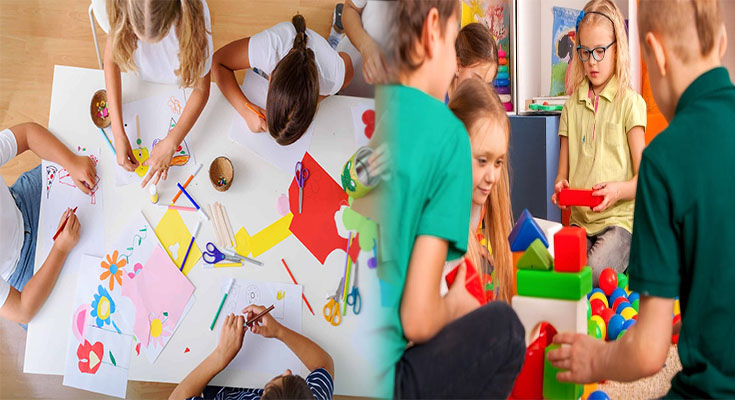
Socio-Cultural Perspectives in Educational Philosophy
Socio-cultural perspectives in educational philosophy highlight the importance of understanding the influence of social and cultural factors on teaching and learning. These perspectives emphasize the interconnectedness between education, society, and culture, recognizing that students’ experiences, identities, and knowledge are shaped by their social and cultural contexts. In this article, we will explore the significance of socio-cultural perspectives in educational philosophy and their implications for teaching and learning.
Understanding the Influence of Society and Culture
Socio-cultural perspectives in educational philosophy emphasize that education is not a neutral or isolated process but is deeply intertwined with the social and cultural contexts in which it occurs. Society and culture play a crucial role in shaping students’ beliefs, values, behaviors, and learning experiences. By acknowledging and understanding the diverse backgrounds, languages, traditions, and perspectives of students, educators can create inclusive and culturally responsive learning environments that support the academic and socio-emotional development of all …
Socio-Cultural Perspectives in Educational Philosophy Read More

